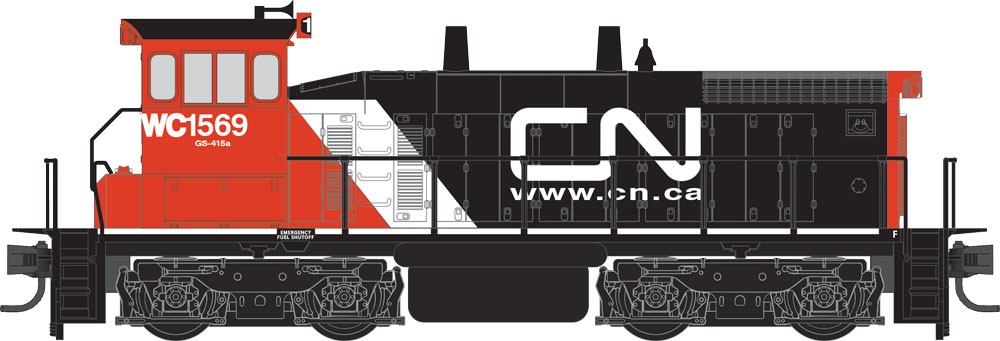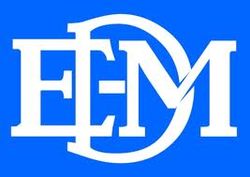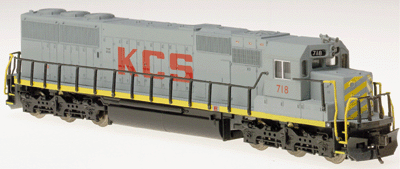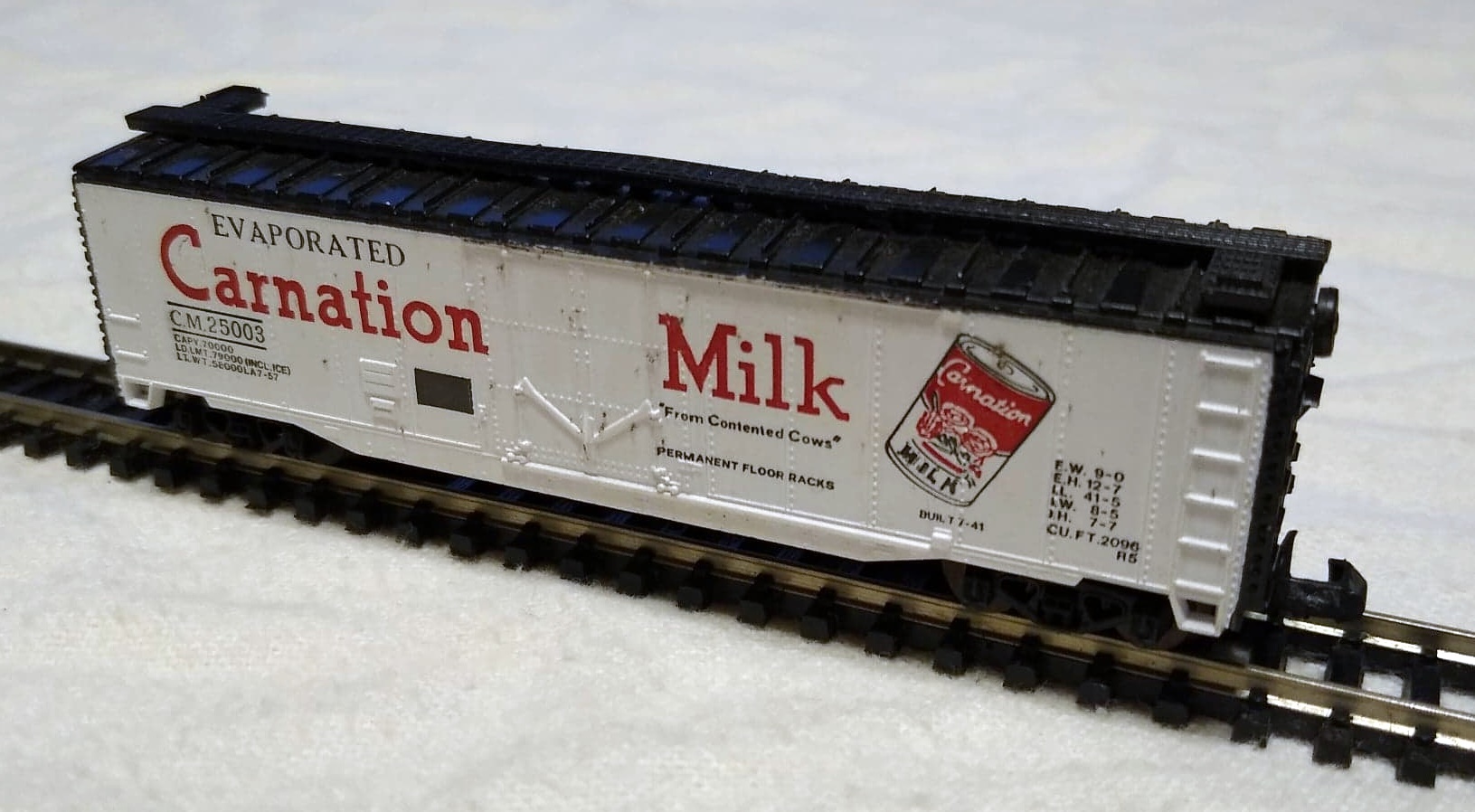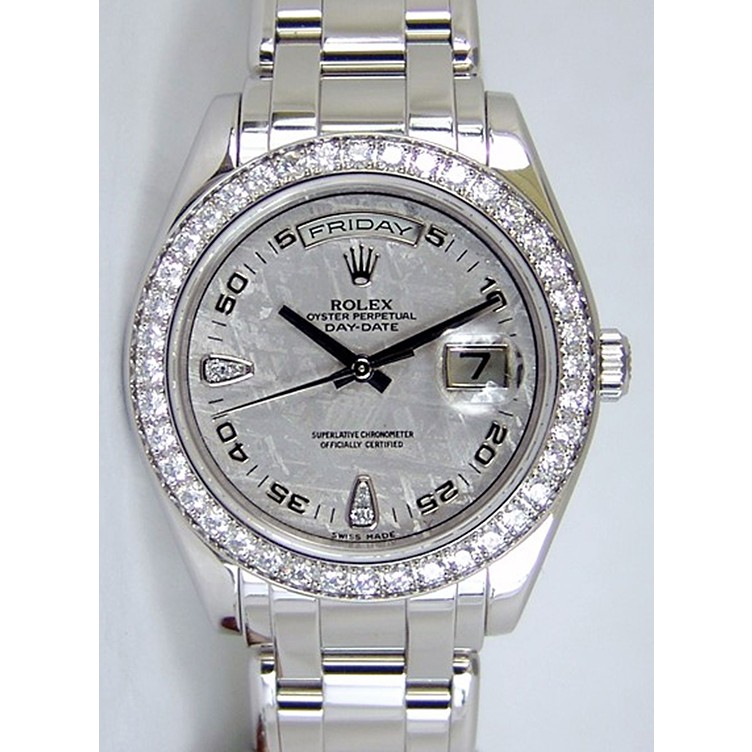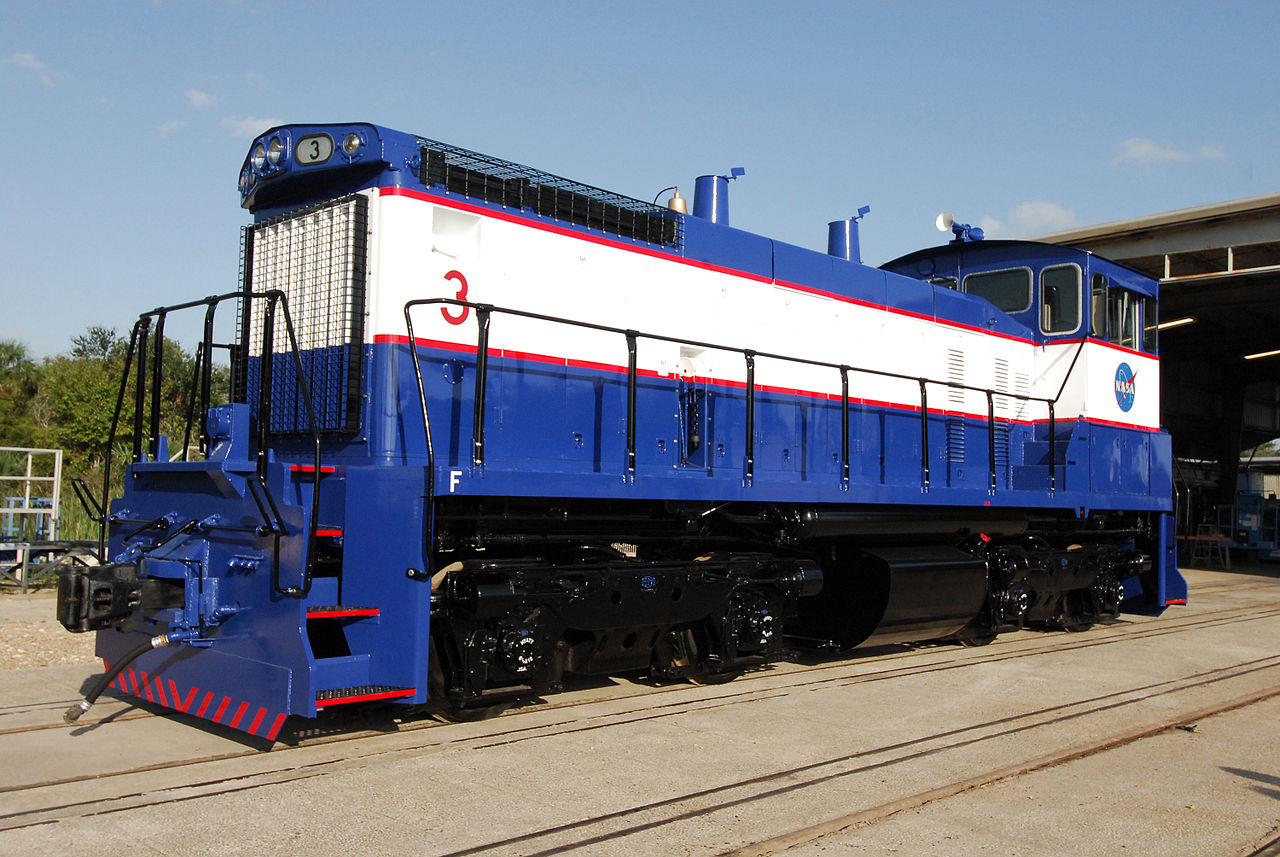Model Information: Micro-Trains introduced this model in 2014. It is MTL's first new locomotive model since their 2002 EMD FT release. The mechanism is very similar to the Life-Like mechanism they had previously used with several important upgrades including DCC-friendliness. The chassis is manufactured by Walthers/Life-Like in China. Apparently, Micro-Trains had finally run through the thousands of undecorated Life-Like SW9/1200's they had purchased for use in their train sets and needed a similar engine to serve the same purpose in their frequent new train-set releases. In response, Walthers (the current owner of Life-Like) was able to update the venerable mechanisms to modern standards. Micro-Trains makes and decorates the shells in their Oregon factory and combines them with the Walthers-supplied mechanisms. The new Micro-Trains/Walthers SW1500 is a solid upgrade from the original Life-Like switcher.
We asked Eric Smith from Micro-Trains why they elected to not use the same manufacturer for the Switchers as had made their FT units. He explained that the manufacturer of the FTs was no longer in business and that it was more efficient to use a revised version of the Life-Like switcher than to contract a complete new tooling from scratch.
The most important feature of the new mechanism is that it routes the power through a lightboard prior to sending it to the motor. This permits a drop-in DCC decoder upgrade. The motor performs similarly to the predecessor in that it can pull 15 or more cars on level track. The engine operation is similarly smooth and quiet.
The Walthers rep at the 2017 NSE convention stated that Walthers would also be releasing this locomotive with their own branding and shells "sometime in the future".
We asked Eric Smith from Micro-Trains why they elected to not use the same manufacturer for the Switchers as had made their FT units. He explained that the manufacturer of the FTs was no longer in business and that it was more efficient to use a revised version of the Life-Like switcher than to contract a complete new tooling from scratch.
The most important feature of the new mechanism is that it routes the power through a lightboard prior to sending it to the motor. This permits a drop-in DCC decoder upgrade. The motor performs similarly to the predecessor in that it can pull 15 or more cars on level track. The engine operation is similarly smooth and quiet.
The Walthers rep at the 2017 NSE convention stated that Walthers would also be releasing this locomotive with their own branding and shells "sometime in the future".
DCC Information: Newer (2017+?) releases accept TCS MT 1500 and Digitrax DN-126M2 decoders
Prototype History: The EMD SW1500 was a 1,500 hp (1,119 kW) Diesel-electric locomotive intended for switching service and built by General Motors' Electro-Motive Division between June 1966 and January 1974. 808 examples were constructed. It was closely related to the less powerful EMD SW1000 model, forming a line of switchers powered by the new EMD 645 engine. The SW1500 replaced the SW1200 in the EMD product line, and was in turn replaced by the MP15DC.
The SW1500 was a substantially bulkier locomotive than the SW1200, with a much bulkier frame, larger cab and bigger hood. In many respects it was approaching a road switcher in abilities. While the SW1500 came as standard with AAR switcher trucks, the majority of them were delivered with the optional Flexicoil trucks which permitted speeds up to 60 mph (100 km/h). The SW1500 was, in fact, often operated as a road-switcher for branchline service, and continues in this role today.
From Wikipedia
The SW1500 was a substantially bulkier locomotive than the SW1200, with a much bulkier frame, larger cab and bigger hood. In many respects it was approaching a road switcher in abilities. While the SW1500 came as standard with AAR switcher trucks, the majority of them were delivered with the optional Flexicoil trucks which permitted speeds up to 60 mph (100 km/h). The SW1500 was, in fact, often operated as a road-switcher for branchline service, and continues in this role today.
From Wikipedia
Road Name History: 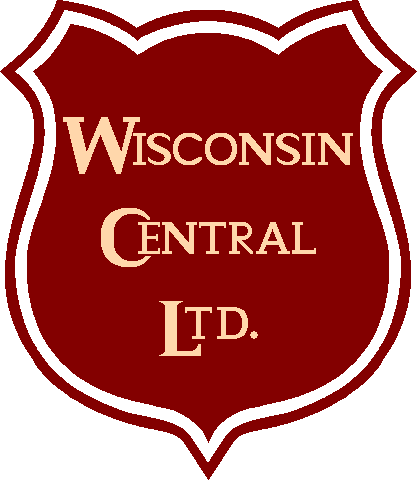 Wisconsin Central Ltd. (reporting mark WC) is a railroad subsidiary of the Canadian National Railway. At one time, its parent Wisconsin Central Transportation Corporation owned or operated railroads in the United States, Canada (Algoma Central Railway), the United Kingdom (English Welsh & Scottish), New Zealand (Tranz Rail), and Australia (Australian Transport Network).
Wisconsin Central Ltd. (reporting mark WC) is a railroad subsidiary of the Canadian National Railway. At one time, its parent Wisconsin Central Transportation Corporation owned or operated railroads in the United States, Canada (Algoma Central Railway), the United Kingdom (English Welsh & Scottish), New Zealand (Tranz Rail), and Australia (Australian Transport Network).
Wisconsin Central Ltd. (WC) started in US in the mid-1980s using most of the original Wisconsin Central Railway's rights of way and some former Milwaukee Road rights of way after the Soo Line Railroad acquired the Wisconsin, Illinois, Indiana, Missouri and Minnesota holdings of the bankrupt Milwaukee Road and divested its older railway trackage in Wisconsin. In 1993 the Wisconsin Central also acquired the Green Bay and Western Railroad and the Fox River Valley Railroad.
At the time of its sale to Canadian National, Wisconsin Central operated over 2,850 miles (4,590 km) of track in the Great Lakes region. The railroad extended from Chicago into and through Wisconsin to Minneapolis/St. Paul and Duluth, Minnesota, to Sault Ste Marie, Michigan, and north (through the Algoma Central Railway) to Hearst, Ontario.
A condition of Soo Line’s acquisition of Milwaukee Road was that they had to sell a number of lines in Wisconsin and Michigan’s Upper Peninsula. They established Lake States Transportation to separate these lines from the rest of Soo Line. In 1987, Lake States was sold to a group of investors and Wisconsin Central was born. Much of the track had belonged to the original Wisconsin Central, a Soo subsidiary which had been merged into Soo in 1960. In 1993, WC acquired Fox River Valley Railroad and Green Bay & Western. In 1995, they founded a Canadian subsidiary and acquired the Algoma Central. Then in 1997, they picked up another 200 miles of former C&NW line running north from Green Bay from Union Pacific. At this point, the 2,850 mile WC (between GM&O and Erie Lackawanna in relative size) linked: Chicago, Milwaukee, Green Bay, Minneapolis/St.Paul, Duluth/Superior, then down Michigan’s Upper Peninsula to Sault Ste. Marie where they connected to Algoma Central north to Hearst, Ontario. WC’s parent company also went on a buying spree of railroads in other countries including New Zealand, Britain, and Australia. Wisconsin Central was sold to Canadian National in 2001. It operates as a paper railroad under CN’s flag today.
From Wikipedia and Bluford Shops

Wisconsin Central Ltd. (WC) started in US in the mid-1980s using most of the original Wisconsin Central Railway's rights of way and some former Milwaukee Road rights of way after the Soo Line Railroad acquired the Wisconsin, Illinois, Indiana, Missouri and Minnesota holdings of the bankrupt Milwaukee Road and divested its older railway trackage in Wisconsin. In 1993 the Wisconsin Central also acquired the Green Bay and Western Railroad and the Fox River Valley Railroad.
At the time of its sale to Canadian National, Wisconsin Central operated over 2,850 miles (4,590 km) of track in the Great Lakes region. The railroad extended from Chicago into and through Wisconsin to Minneapolis/St. Paul and Duluth, Minnesota, to Sault Ste Marie, Michigan, and north (through the Algoma Central Railway) to Hearst, Ontario.
A condition of Soo Line’s acquisition of Milwaukee Road was that they had to sell a number of lines in Wisconsin and Michigan’s Upper Peninsula. They established Lake States Transportation to separate these lines from the rest of Soo Line. In 1987, Lake States was sold to a group of investors and Wisconsin Central was born. Much of the track had belonged to the original Wisconsin Central, a Soo subsidiary which had been merged into Soo in 1960. In 1993, WC acquired Fox River Valley Railroad and Green Bay & Western. In 1995, they founded a Canadian subsidiary and acquired the Algoma Central. Then in 1997, they picked up another 200 miles of former C&NW line running north from Green Bay from Union Pacific. At this point, the 2,850 mile WC (between GM&O and Erie Lackawanna in relative size) linked: Chicago, Milwaukee, Green Bay, Minneapolis/St.Paul, Duluth/Superior, then down Michigan’s Upper Peninsula to Sault Ste. Marie where they connected to Algoma Central north to Hearst, Ontario. WC’s parent company also went on a buying spree of railroads in other countries including New Zealand, Britain, and Australia. Wisconsin Central was sold to Canadian National in 2001. It operates as a paper railroad under CN’s flag today.
From Wikipedia and Bluford Shops
Brand/Importer Information: Micro-Trains is the brand name used by both Kadee Quality Products and Micro-Trains Line. For a history of the relationship between the brand and the two companies, please consult our Micro-Trains Collector's Guide.
Manufacturer Information:  Micro-Trains Line split off from Kadee Quality Products in 1990. Kadee Quality Products originally got involved in N-Scale by producing a scaled-down version of their successful HO Magne-Matic knuckle coupler system. This coupler was superior to the ubiquitous 'Rapido' style coupler due to two primary factors: superior realistic appearance and the ability to automatically uncouple when stopped over a magnet embedded in a section of track. The success of these couplers in N-Scale quickly translated to the production of trucks, wheels and in 1972 a release of ready-to-run box cars.
Micro-Trains Line split off from Kadee Quality Products in 1990. Kadee Quality Products originally got involved in N-Scale by producing a scaled-down version of their successful HO Magne-Matic knuckle coupler system. This coupler was superior to the ubiquitous 'Rapido' style coupler due to two primary factors: superior realistic appearance and the ability to automatically uncouple when stopped over a magnet embedded in a section of track. The success of these couplers in N-Scale quickly translated to the production of trucks, wheels and in 1972 a release of ready-to-run box cars.
Micro-Trains Line Co. split off from Kadee in 1990 to form a completely independent company. For this reason, products from this company can appear with labels from both enterprises. Due to the nature of production idiosyncrasies and various random factors, the rolling stock from Micro-Trains can have all sorts of interesting variations in both their packaging as well as the products themselves. When acquiring an MTL product it is very important to understand these important production variations that can greatly enhance (or decrease) the value of your purchase.
Please consult our Micro-Trains Collector's Guide

Micro-Trains Line Co. split off from Kadee in 1990 to form a completely independent company. For this reason, products from this company can appear with labels from both enterprises. Due to the nature of production idiosyncrasies and various random factors, the rolling stock from Micro-Trains can have all sorts of interesting variations in both their packaging as well as the products themselves. When acquiring an MTL product it is very important to understand these important production variations that can greatly enhance (or decrease) the value of your purchase.
Please consult our Micro-Trains Collector's Guide
Item created by: gdm on 2015-07-19 15:02:31. Last edited by Lethe on 2020-05-07 00:00:00
If you see errors or missing data in this entry, please feel free to log in and edit it. Anyone with a Gmail account can log in instantly.
If you see errors or missing data in this entry, please feel free to log in and edit it. Anyone with a Gmail account can log in instantly.


